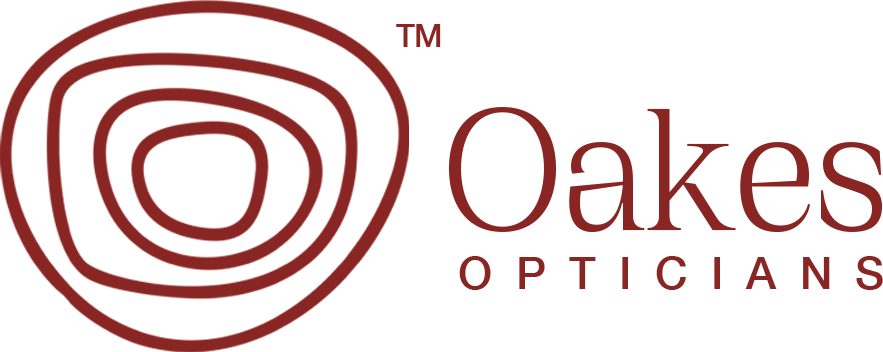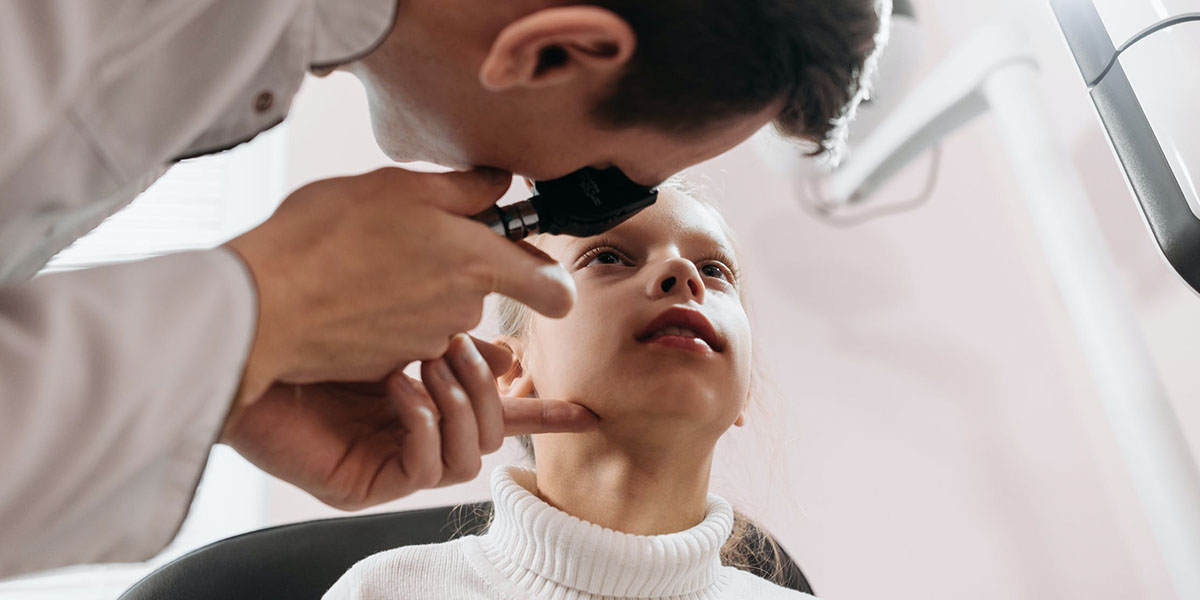The importance of good vision is difficult to underestimate. Most people wait until they experience problems with their vision to get an exam. At that point, getting an eye exam can be the first step to fixing existing eye problems. But the severity of vision deficits can be prevented if they are caught early by regular eye exams.
Regular eye examinations are necessary because:
- Having your vision corrected can improve the quality of day-to-day life.
- They will help detect certain eye conditions such as cataracts, glaucoma and age-related macular degeneration, leading to sight loss.
- Poor vision could be a risk factor for falls.
Eye Exams Can Help Identify Other Health Problems
A licensed doctor will use your eye evaluation to indicate your overall health. Comparative assessment of the blood vessels in the eye can help detect significant health problems, including:
- Diabetes. Diabetic retinopathy is identified by blood vessels in the retina of the eyes leaking blood or yellow fluid.
- Hypertension. Tears or bends in blood vessels in the eye may identify high blood pressure.
- High cholesterol. A yellow tint or ring around the cornea may signify high cholesterol.
- Thyroid disease. Graves Disease, or bulging or protruding eyeballs, is a sign of thyroid problems.
- Autoimmune disorders. Eye inflammation can be a sign of an autoimmune disease such as lupus.
- Cancer. Unusual eye structure can be a sign of ocular melanoma (eye cancer), and close observation of the eyelids can detect basal cell carcinoma (skin cancer).
- Tumours. Irregularly shaped pupils or droopy eyelids could signify a neck tumour or an aneurism.
Vision Screenings vs Eye Exams
- Vision screenings are quick, inexpensive tests performed by volunteers or nurses to check for abnormal visual acuity and significant vision problems. During a screening, individuals are asked to identify tiers of letters from 20 feet away. Often, the screening will test both eyes together and each eye individually. When someone tests lower than a 20/40 level, they are referred to an eye care professional for corrective lenses, contacts, or medical treatment.
- Comprehensive eye exams are performed by optometrists or ophthalmologists and include a vision screening in addition to a series of tests to evaluate the health of your eyes. During an exam, each eye is examined for signs of serious eye issues such as glaucoma, cataracts, macular degeneration, and detached retinas, among other conditions. Receiving regular eye exams regardless of vision acuity can help detect serious eye problems at the earliest stage ─ when they are most treatable.
References
Windows to your health: The importance of routine eye
Importance of routine eye exam
Five reasons why eye exams are important

